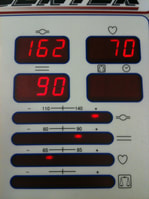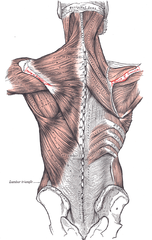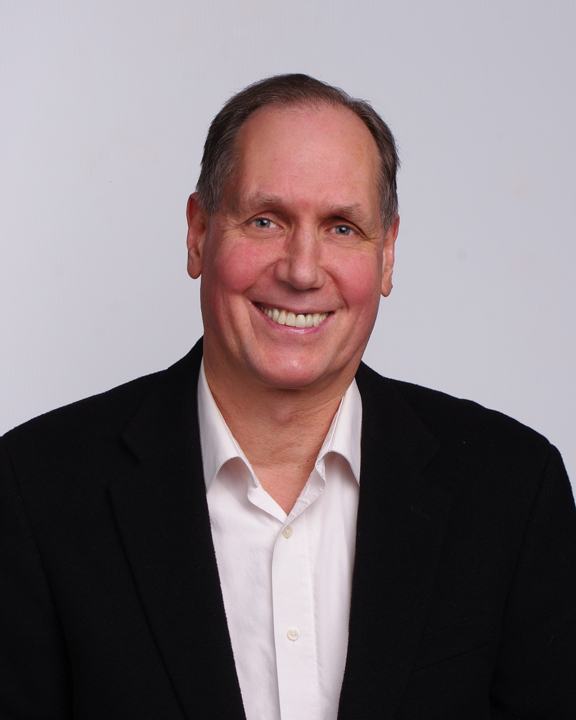
High blood pressure is a common problem in America. The solution offered is drugs. These drugs have many side effects. Modern medicine believes that high blood pressure makes one more at risk for heart disease and strokes.
There are other solutions which I will discuss, but first let’s look at the side effects of medicines that are prescribed. The major drugs prescribed are diuretics, beta blockers, ace inhibitors and calcium channel blockers. Each have their own side effects which are too numerous to list but here are a few.
Diuretics deplete important minerals from the body which can cause edema, low blood sugar, kidney problems and impotence.
Beta blockers can lead to serious heart problems.
Ace inhibitors block a chemical that raises the blood pressure.
Calcium channel blockers can make you more susceptible to infections, cause kidney and serious heart complications.
The medical approach is often targeted to stop something happening in the body that is a natural process. If the blood pressure is high, there is a reason that it is happening. It is more important to understand and treat why this is happening.
Modern medicine keeps dropping the levels of blood pressure that is considered too high. In the past it was understood that it was natural to have a higher blood pressure when one was older. That is not what is professed today. Lowering blood pressure without understanding the cause is like turning your car radio louder when you hear a noise from the engine. That noise, the blood pressure sign, will eventually cause a problem if not addressed.
There are some natural health practitioners and doctors that believe high blood pressure is not a disease. From their view, high blood pressure is an adjustment in the body for an underlying health issue. Doing nothing may be an option from this view point. This is a personal decision.
It is possible to lower the blood pressure if you address the underlying cause. If you try any of these suggestions on your own while you are taking blood pressure medication, be sure to check your blood pressure regularly as the blood pressure may drop and cause symptoms of low blood pressure. At this time, it is important to address lowering your dosage with your doctor. I’ve seen people be able to stop blood pressure medications through natural means under their doctors supervision.
These issues can create high blood pressure from a natural view point:
1. The kidneys are getting weaker.
2. The body is in a stress mode.
3. The arteries are either contracting or hardening from inflammation.
In my Full Spectrum Macrobiotic Approach Consultations, I have specific ways to diagnose each of these conditions.
Here are some ways to address these to get started. For people with serious concerns, I recommend counseling with me first.
For kidney health, eat natural saturated fats such as coconut oil and butter, adequate proteins but not excessive proteins from natural animal foods or non-soy protein powders for vegans (about 40-60 grams per day), limit refined sugars and be sure to eat a well-balanced diet centered around grains and vegetables.
Blood pressure naturally goes up with stress and some people are more susceptible to stress. A diet that is missing any nutrient including adequate calories, fats, proteins and other nutrients such as B12 with vegans or carbs with Paleo eaters will induce stress. Dieting, skipping meals, not getting enough sleep, too much or too little exercise are other stressors. Modern diets with high amounts of sugars, poor quality fats and poorly balanced meals, alcohol and medicines contribute.
Although the cause needs to be eliminated and a better diet such as a Full Spectrum Macrobiotic Approach to your way of eating adopted, certain supplements such as vitamin C and the herb Reishi mushroom can lower stress levels. Slow moving exercises with breathing such as qigong have been found to be effective to lower the blood pressure.
Arteries will contract when the body is in the stress mode causing high blood pressure. Inflammation is caused from excessive amounts of refined sugars, poor quality vegetable oil such as soybean oil, pesticides and chemicals in foods, excessive amounts of raw fruits and raw salads, medications, recreational drugs and alcohol. Inflammation will cause scarring and calcium to harden the arteries which raises the blood pressure.
Besides avoiding and limiting certain foods, a diet centered on grains and vegetables with natural animal foods or supplements to replace them, natural fats and sugars, fruit and other natural foods counter inflammation. Specific foods and remedies that counter inflammation are vitamin C, kuzu thickener, turmeric and ginger. There is a protocol with vitamin C and other nutrients that has been found to reverse hardening of the arteries.
People with high blood pressure from all causes can benefit from calcium and magnesium rich foods. These include grass fed high calcium dairy products such as raw cheese, raw or pasteurized whole milk, yogurt, leafy greens, and small amounts of nuts. For those who don’t eat dairy products, a calcium supplement along with vitamin K2 can be substituted. K 2 is important to take with calcium as it prevents calcium from entering the wrong parts of the body, the arteries and joints. All grass-fed dairy products have vitamin K2.
Blood Pressure Medication and Mortality Risk JAMA Rhonda M. Cooper-DeHoff; Yan Gong; Eileen M. Handberg; Anthony A. Bavry; Scott J. Denardo; George L. Bakris; Carl J. Pepine
The Full Spectrum Macrobiotic Approach to Eating: https://www.macrobiotic.com/macrobiotic-diet.html





 RSS Feed
RSS Feed